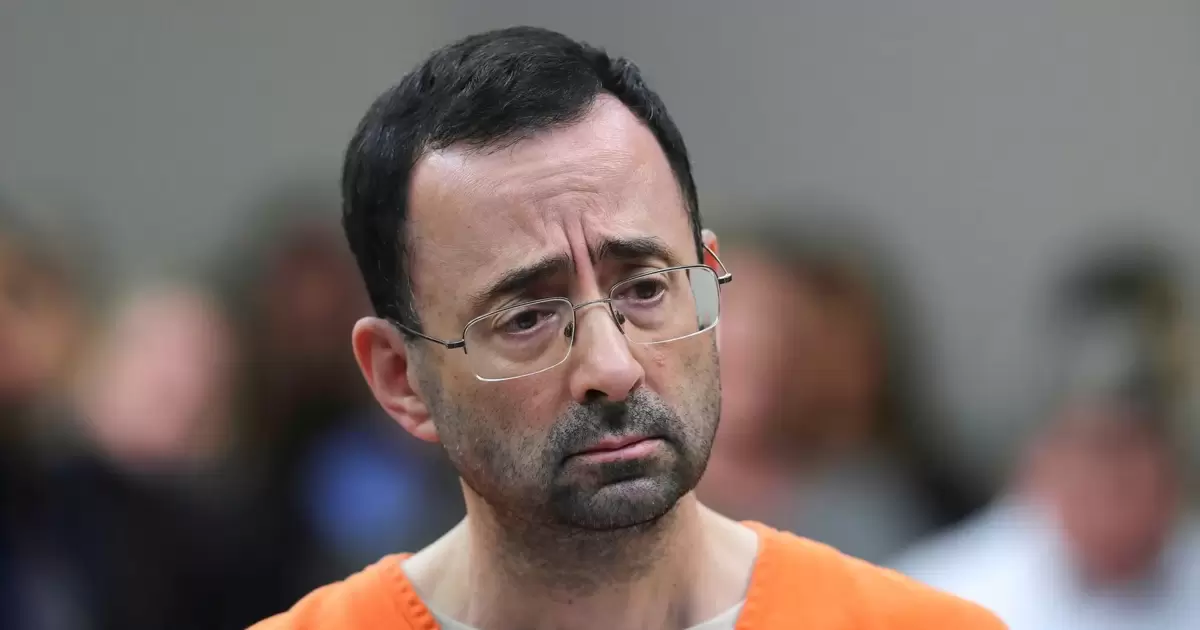Bladder cancer often recurs after successful treatment. Can nutritional supplements protect against relapse?
Cancer patients often turn to nutritional supplements in hopes of doing something good for their health. However, bladder cancer patients should stay away from vitamin E preparations, as shown by the results of a recent study The JAMA Network is open A published study indicates.
Bladder cancer has a high recurrence rate
Bladder cancers It is among the most common tumors in Germany, and is even the fourth most common tumor in men. Doctors usually diagnose non-muscle invasive bladder cancer (NMIBC). Initial treatment includes: Transurethral resection of the tumor combined with adjuvant intravenous therapy.
| Pee camp from November 20 until 11/24/23 Articles and campaigns on urology, nephrology and gynecology topics nourish your knowledge. Be there! To the program |
However, the cancer recurs in about 80% of patients and about 45% of NMIBC cases progress to muscle invasive carcinoma. Given these high relapse rates, various prevention methods, including medication administration, are discussed Selenium And Vitamin E. To date, previous studies have shown no benefit for either agent, but also no harmful effect on various types of cancer. Researchers have now taken a closer look at this issue.
Study details
The study included a total of 270 NMIBC patients who were randomly divided into four double-blind groups:
- Selenium plus placebo (65 patients)
- Vitamin E plus placebo (71)
- Selenium plus vitamin E (69).
- Placebo and Placebo (65)
The average follow-up period was 5.5 years, with 84% of patients followed for more than five years. The primary endpoint was relapse-free interval, while secondary endpoints included overall survival and progression-free interval.
Beware of vitamin E
It turned out that selenium supplements had no effect on the risk of cancer recurrence in NMIBC patients compared to placebo. Vitamin E and selenium supplements also had no effect on overall survival or cancer development. However, the risk of relapse was statistically significantly increased in patients taking vitamin E (hazard ratio: 1.46; 95% CI: 1.02-2.09).
An old study actually showed that nutritional supplements containing vitamin E significantly increased the risk of prostate cancer in healthy men. Because nutritional supplements are available without a prescription, patients should be careful about taking them — and doctors should advise accordingly.
|
sources: Brian et al: Selenium and vitamin E for preventing recurrence and progression of non-muscle-invasive bladder cancer: a randomized clinical trial. JAMA Network is open, 2023. doi: 10.1001/jamanetworkopen.2023.37494 Klein et al: Vitamin E and prostate cancer risk: the Selenium and Vitamin E Cancer Prevention Trial (SELECT). gamma, 2011. doi: 10.1001/jama.2011.1437 |
Image source: Rodion Kutsaev, Unsplash

“Alcohol buff. Troublemaker. Introvert. Student. Social media lover. Web ninja. Bacon fan. Reader.”







More Stories
Skin rash after eating asparagus? What could be behind it?
Warning signs of Alzheimer’s disease: Researchers find new evidence
Zoonoses: Do squirrels transmit leprosy?